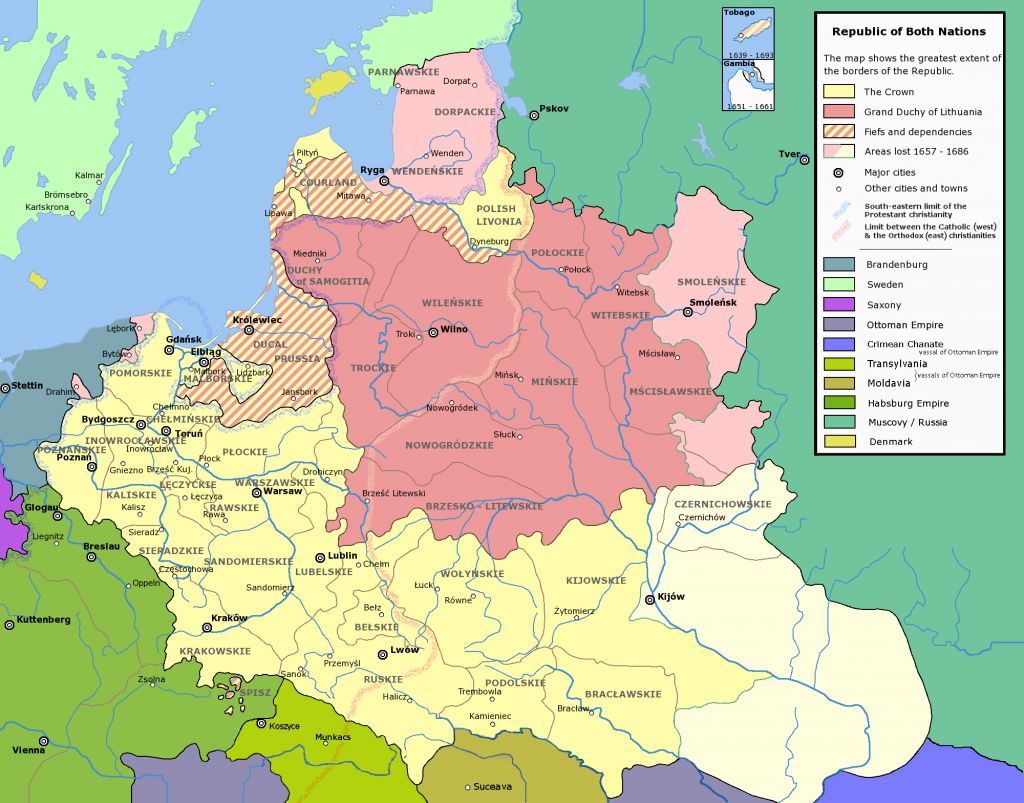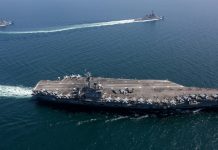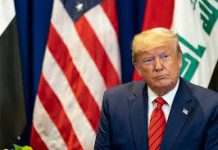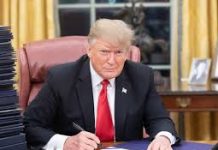
Polish President Andrzej Duda has called on Polish President Andrzej Duda on the eve of US President Joe Biden’s visit to Warsaw to reaffirm the West’s support to Kyiv, even as the Russian invasion goes into a year.
According to Duda, promises of security guarantees “would be important” are Ukraine and is important for the morale of its soldiers since it underscores “this feeling that NATO stands with them”.
Duda’s call comes at a time when he was preparing to host Biden in what is expected to be the highlight of the latter’s visit to Ukraine to mark the anniversary of the Russian invasion.
As for Ukraine, it is aware that it cannot, at this point in time, join NATO, and is hoping to clinch a “partnership” with “some kind of security guarantees,” said Duda on the sidelines of the Munich Security Conference.
Duda also urged Biden to reaffirm “in very strong terms” during his visit to Warsaw that the US supports Nato’s Article 5, which treats any attack on a member state as an attack on all. The security guarantees sought by Ukraine would be structured differently, effectively binding leading Nato powers such as the United States, the United Kingdom, and France to provide military assistance in the event of a future attack on Ukraine.
Former Nato Secretary-General Anders Fogh Rasmussen, who co-authored a formal proposal for Ukraine’s postwar security with president Volodymyr Zelenskyy’s chief of staff Andriy Yermak, has compared such guarantees to those enjoyed by Israel. In Munich, US and German officials downplayed the need for security guarantees at this stage, arguing that Ukraine’s military support was all that was required. However, following its experience with the Budapest Memorandum in 1994, Ukraine is adamant that it requires more binding guarantees of military support.
Ukraine agreed to give up its nuclear weapons in exchange for promises from Russia, the United Kingdom, and the United States not to use military force against it. Kyiv applied for Nato membership in September, despite allies’ recognition that this was not a short-term possibility as long as the war raged on. Duda’s call for guarantees would necessitate increasing Washington’s pledges to Ukraine beyond what Biden has recently discussed.
Some other Nato nations are also wary of making binding promises for fear of being drawn into a war with Russia, and instead advocate for Ukraine’s military to be strengthened so that it can defend itself.
“There is a pretty robust debate going on about security guarantees, but I really don’t think President Biden will want to put this forward now,” said Michał Baranowski, director of the Warsaw office of the German Marshall Fund think-tank. Instead, he said, the US administration was pushing ahead with “a porcupine strategy”, which meant “arm Ukrainians to the teeth so that they can deal with Russia directly”.
Biden was last in Poland in March 2022, and Duda forecast that the US president’s trip this week would have “a huge impact” on “the entire eastern flank of Nato”.
“There’s also a signal sent to US investors,” said Duda, referring to Poland and other countries neighbouring Ukraine. “This place is safe so you can safely invest your money here.” After ending a lengthy dispute over whether Germany would agree to send German-made Leopard tanks to Ukraine, tensions have now emerged over when the tanks would actually be delivered.”
Last week, Germany chastised Poland and other countries with Leopards for not sending them to Kyiv sooner. But, according to Duda, Poland is sticking to its military commitments to Ukraine, and any delay reflects the need to ensure the availability of spare parts for the Leopards.
“I don’t quite understand the point made [by Germany],” said Duda. “It is Germany who is the only producer of spare parts . . . There are no other countries who would be authorised to do that. So unless Germany supplies those spare parts, we have a problem with them.”
Biden’s visit to Warsaw on Tuesday and Wednesday will include a meeting with the so-called Bucharest Nine, a group of central and eastern European countries that joined Nato after the Soviet Union collapsed. He is scheduled to give a speech on Tuesday evening to “make it clear that the US will continue to stand with Ukraine… for as long as it takes,” according to John Kirby, a spokesperson for the US National Security Council, who did not rule out meeting with Zelenskyy during the trip.
“We remain in constant communication with the Ukrainians about what their needs are.”





